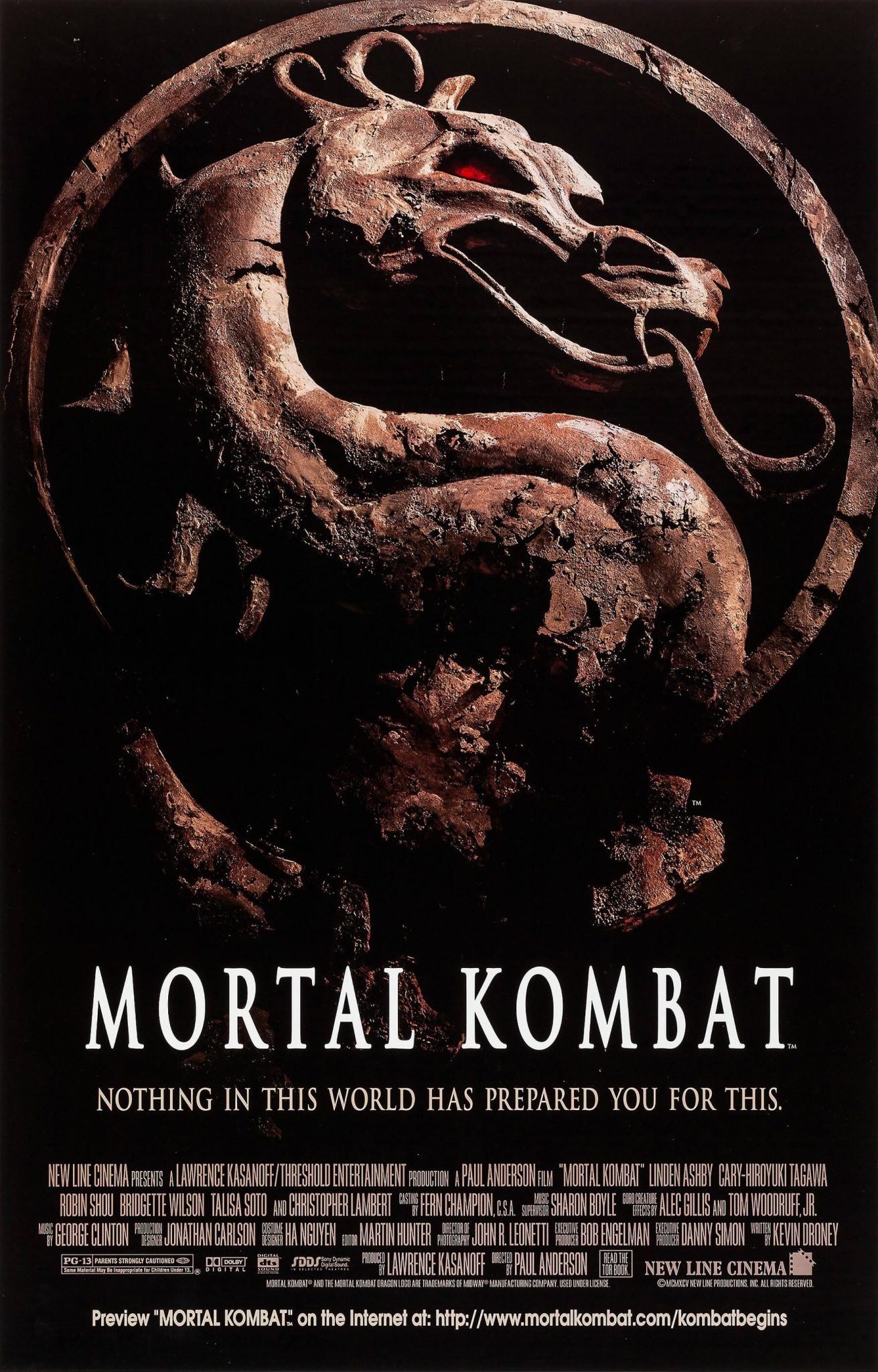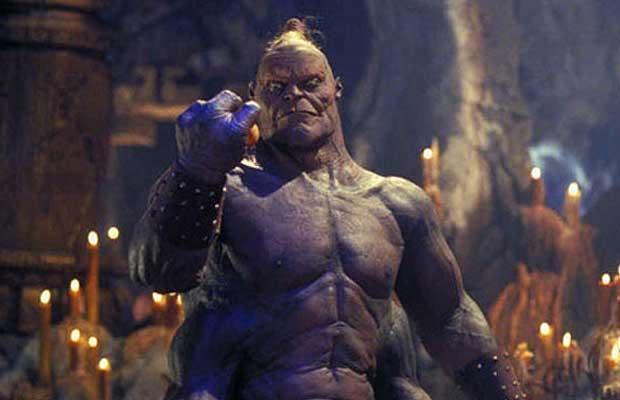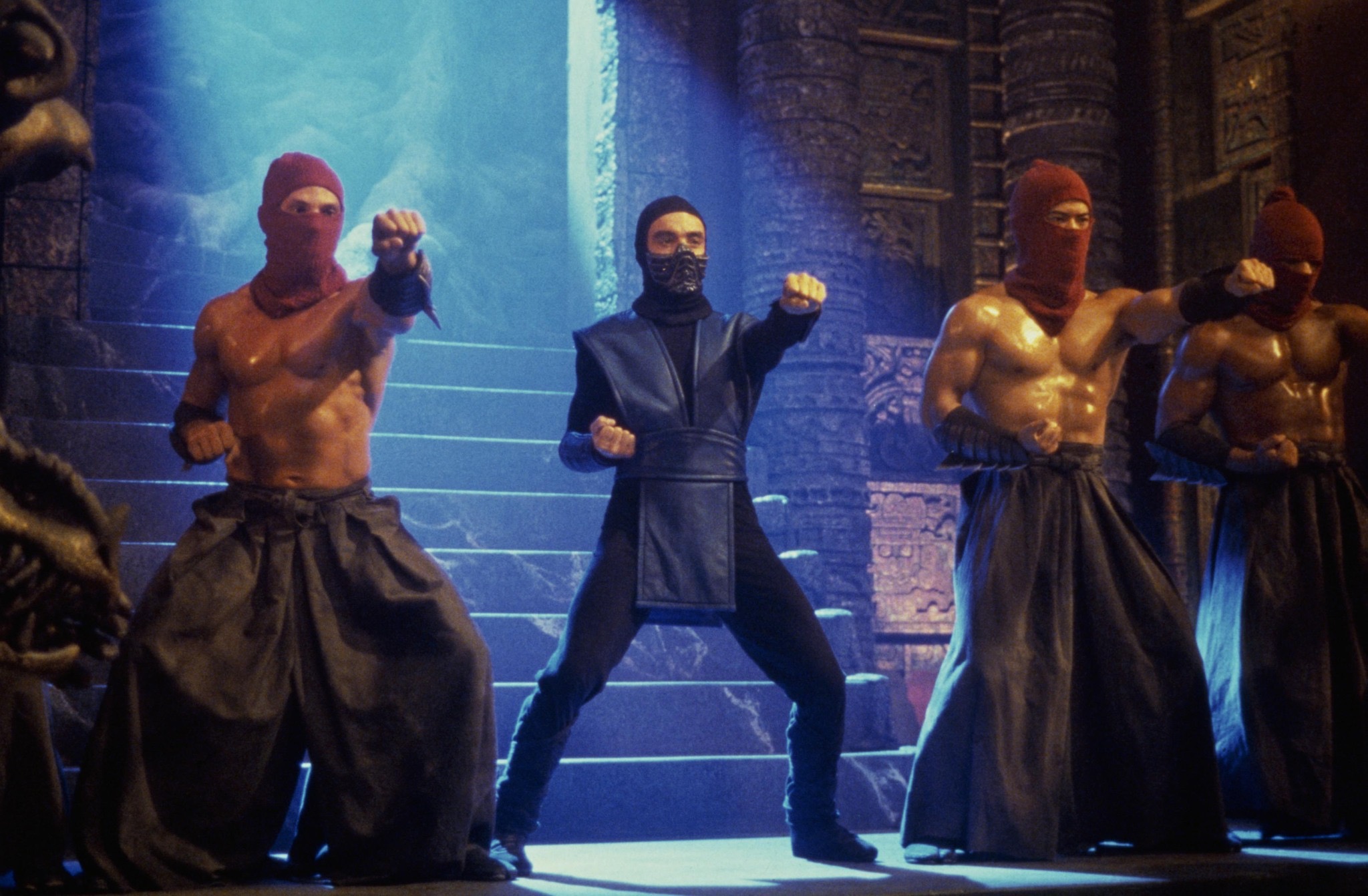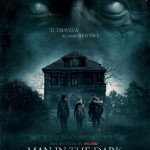Mortal Kombat (1995)

Mortal Kombat (1995), directed by Paul W.S. Anderson, was one of the first major video game adaptations to hit theaters. At the time, expectations were tempered, given the track record of previous video game films, but Mortal Kombat surprised audiences with its faithful adaptation of the source material and its energetic action sequences.
Positives:
1. Action & Fight Sequences:
The film shines in its fight choreography, showcasing a variety of martial arts styles that fans of the game were eager to see brought to life. Robin Shou’s portrayal of Liu Kang, in particular, is solid, delivering intense and well-executed combat. The fight between Johnny Cage and Scorpion, as well as the Liu Kang vs. Reptile showdown, are standout moments.
2. Visuals & Production Design:
For a mid-’90s film, the production design, especially in terms of Outworld’s dark and mystical aesthetic, was commendable. The sets were appropriately fantastical and helped convey the otherworldly feel of the tournament.
3. Iconic Characters:
The film does justice to many of the series’ most iconic characters. Cary-Hiroyuki Tagawa’s portrayal of Shang Tsung, in particular, is charismatic and menacing. His delivery of lines like “Your soul is mine!” became iconic. Christopher Lambert’s Raiden, though unconventional, provided some comic relief and a unique take on the thunder god.
4. Soundtrack:
The film’s techno-driven soundtrack, particularly the “Techno Syndrome” theme song, became instantly recognizable and helped define the movie’s energetic pace. It blended perfectly with the fight scenes and gave the film a pulse-pounding rhythm.
Negatives:
1. Plot & Dialogue:
The plot is thin, relying heavily on the tournament structure and lacking in depth or character development. Some characters, like Sonya Blade, are underdeveloped, and the dialogue is often campy and simplistic. While the simplicity works for a straightforward action film, it leaves much to be desired in terms of storytelling.
2. Special Effects:
While some of the practical effects hold up, many of the early CGI effects, such as the reptilian version of Reptile, haven’t aged well. The film’s budget constraints are evident in several scenes, and the visual effects look dated by today’s standards.
3. Tone:
The film’s tone can be inconsistent, fluctuating between dark fantasy and light-hearted camp. This may have worked for some viewers, but it sometimes undercuts the seriousness of the tournament and the stakes. 
Conclusion:
- Despite its flaws, Mortal Kombat (1995) remains a nostalgic and entertaining film for fans of the franchise. It succeeds in capturing the spirit of the video game, delivering fast-paced action and memorable characters, even if the plot and special effects fall short of modern standards. As one of the more successful video game adaptations of its time, it paved the way for future projects in the genre.











